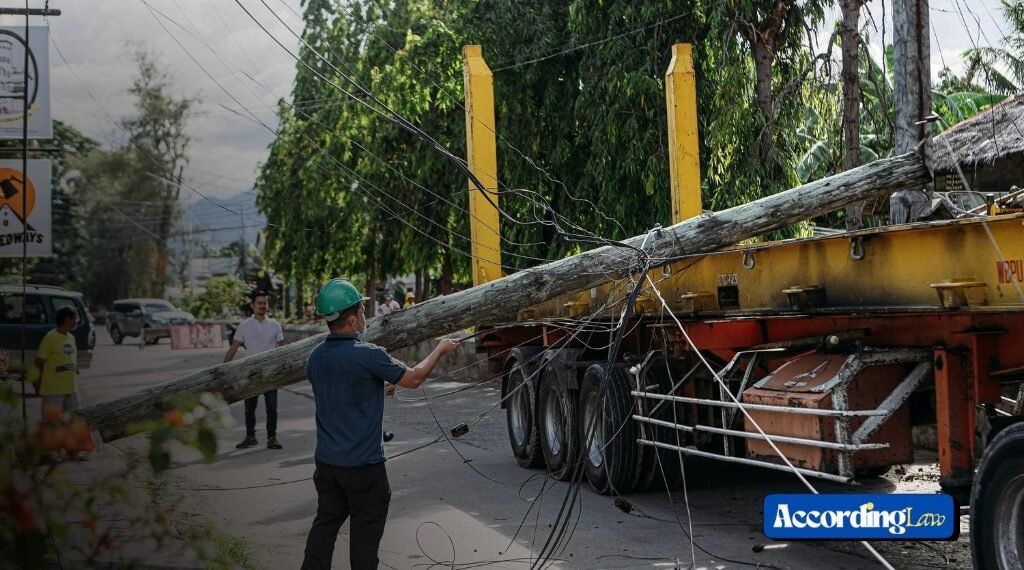Working on the water can be rewarding, but it is no secret that it is also dangerous. Seafarers, dockworkers, and offshore crew members face harsh conditions, heavy equipment, and unpredictable weather, all of which can lead to serious injuries.
When something goes wrong, it is not always clear what steps to take or what rights you actually have. Many of these cases fall under a specific area of law known as maritime law, which is different from typical workers’ compensation or personal injury rules.
These types of injuries are often the result of maritime accidents, such as vessel collisions, equipment failures, falls overboard, fires, or exposure to harmful substances. If you have been hurt while working on or near the water, here is what you need to know about pursuing a maritime injury claim.
Table of Contents
Maritime Law Is Different from Regular Workers’ Comp
Most land-based employees are covered by state workers’ compensation systems. But if you work on a ship, oil rig, dock, or harbor, you might be covered by federal maritime laws instead. These laws offer different protections and can allow you to sue your employer, something not typically allowed under workers’ comp.
There are two major laws that cover maritime workers:
Each law has its own requirements and types of compensation, so it’s important to know which one applies to you.
Jones Act: Your Right to Sue
If you’re classified as a seaman under the Jones Act, you have the right to sue your employer for negligence. That includes unsafe working conditions, poor training, lack of safety equipment, or failure to maintain the vessel.
To qualify, you must:
Under the Jones Act, you can recover damages for:
Unlike traditional workers’ comp, you can be awarded much more through a successful Jones Act claim, but you’ll need to prove your employer was at least partly negligent.
Maintenance and Cure: Your Basic Rights
Regardless of whether your employer was at fault, injured seamen are entitled to something called maintenance and cure. This means:
Your employer must provide this support, even if the injury was your fault, unless they can prove you were intentionally dishonest or engaged in misconduct.
Longshore Act: Help for Maritime Workers Who Aren’t Seamen
If you work around ships but not directly on them (like a crane operator, shipbuilder, or stevedore), you’re probably covered under the Longshore and Harbor Workers’ Compensation Act (LHWCA).
This law gives injured maritime workers access to:
It functions more like traditional workers’ comp but usually offers better benefits than most state systems.
Act Quickly: Time Limits Matter
Maritime injury claims have strict deadlines, known as statutes of limitations. Here’s a general guide:
Missing these deadlines could cost you your entire case, so it’s smart to talk to an experienced maritime attorney as soon as possible after your injury.
Why You Need a Maritime Attorney
Maritime law is complex, and big shipping companies have legal teams ready to protect their interests. A lawyer who understands maritime law can:
Many maritime attorneys work on a contingency basis, meaning they only get paid if you win your case.
Final Thoughts
Getting hurt on the job is tough, especially when you are far from shore and unsure what to do next. But maritime law was created to protect workers just like you. Whether you’re a deckhand, engineer, longshoreman, or oil rig worker, you have legal rights if you’ve been injured.
Don’t let a company or insurance provider talk you out of what you are owed. Learn your rights, get the right help, and take the steps needed to protect your future.


